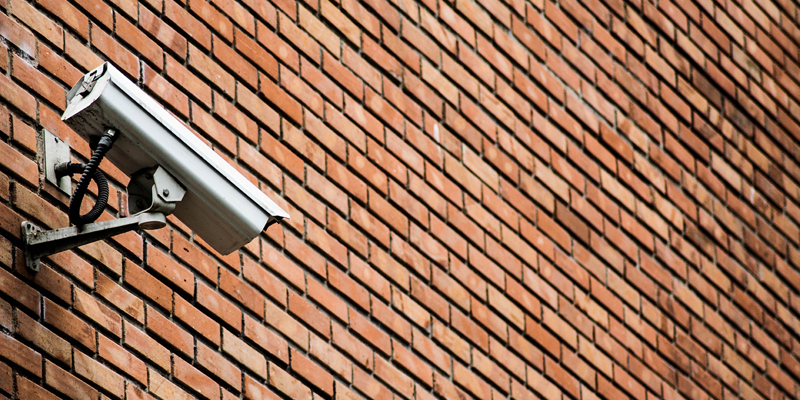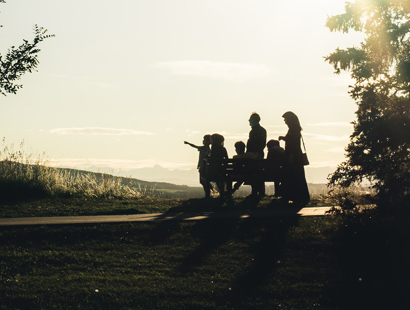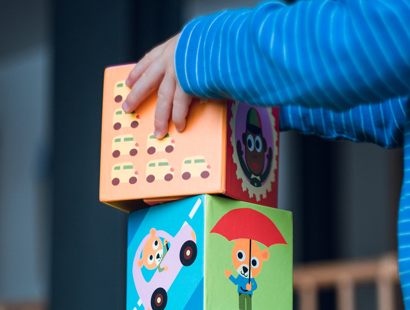
Covert recordings- can they be used in family court?
We live in a world where recording devices, be they cameras, phones, or more specialised equipment, are becoming increasingly ubiquitous.
Any one of us could, at the touch of a button, record the words and actions of those around us. This undoubtedly has profound ramifications for society at large and family law is no exception. Increasingly, family courts have to grapple with the difficult question: should covert recordings be allowed as evidence in family proceedings?
The role of factual disputes in family law proceedings
Factual disputes are inherent in family law. Separated couples often have very different versions of events and, generally, the law has developed in such a way that family courts avoid engaging with these conflicting accounts. The courts simply do not have the time or the means to examine in forensic detail every broken-down relationship and the moral standing of each party.
When it comes to dividing the finances on divorce, for example, only in extremely rare circumstances will a person’s conduct during the marriage be taken into account as part of the test of overall fairness.
When do covert recordings become relevant in family court?
There are, however, instances where factual disputes are important. A common example is when, in children proceedings, one parent alleges that the other parent has been abusive to them or to the child and this is denied by the other parent. The court will then, to varying degrees depending on the case, engage with the question of whether, on the balance of probabilities, there has been domestic abuse in order to assess the potential risk of harm to the child.
Why parents resort to covert recordings
It is little surprise then that, increasingly, separated parents are recording one another in the hope that the court will rely on this evidence and decide in their favour.
For many of us, covert recording feels instinctively wrong. We expect privacy in our own home, which means being able to express ourselves freely without fear of our words being shared with third parties or taken out of context.
There is no doubt that in many cases, recording someone without their permission or even threatening to do so can be a weapon of intimidation and a clear example of abusive behaviour. On the other hand, recording someone can be a protective measure. Domestic abuse by its nature largely takes place behind closed doors, and a recording which captures the other party in a behaviour they have vehemently denied can seem like a powerful resource in contested proceedings.
How do family courts view covert recordings?
It is undoubtedly a very difficult topic and one which the court still grapples with. In December 2018, the Family Justice Council debated the issue and concluded that there could be numerous circumstances where a recording could be of value to a court (e.g. exposing the inappropriate behaviour of the party being recorded) but in other cases, it may demonstrate attempts to control by the recording party and it may have a negative impact on the welfare of the child.
Key questions courts consider about covert recordings
The picture is far from consistent, but some principles have emerged from case law. Generally, the court will ask itself two questions.
- Is the evidence (be it a transcript or audio of a recording) relevant to the legal or procedural issues at hand?
- Is the evidence an accurate representation of the whole conversation i.e. is it clear that the evidence has not been manipulated or tampered with in some way?
In a recent case, the court permitted the mother to produce into evidence transcripts of covert recordings of interactions she had with the father. However, it was then discovered that these formed only a small part of longer recordings; there were at least a hundred other covert recordings of interactions with the father which she had not disclosed to the father or the court.
The court took the view that these further recordings may hold information that was relevant to the fact-finding process, some of which may even benefit the father’s case. Out of fairness, it should adjourn the case so that both parties could examine the recordings in full. This highlights the court’s concern with achieving fairness when permitting transcripts of recordings into evidence – parties should not cherry-pick.
The limitations of covert recordings
There are, of course, limits to kinds of covert recordings that are admissible, particularly where children are involved. In a 2016 case, the father made covert recordings by means of sewing recording devices into the child’s clothing. The judge was not impressed, stating:
"It is almost always likely to be wrong for a recording device to be placed on a child for the purpose of gathering evidence in family proceedings, whether or not the child is aware of its presence. This should hardly need saying, but nowadays it is all too easy for individuals to record other people without their knowledge."
Is there a future for covert recordings in family law?
Ultimately, each case will need to be considered on its facts. Parties can apply for covert recordings to be admitted as evidence but there is no presumption this should be allowed. Not only will the relevancy of the recordings to the proceedings be weighed up, but there should also be careful consideration of the manner in which the recordings were obtained and the content, particularly where children are involved. The court certainly does not encourage or endorse covert recordings. It also stands to reason that with the increasing ease with which media can be manipulated, the court will have a difficult task in evaluating the reliability of recorded evidence.
While case law may continue to develop in this difficult area, guidance is also awaited in the form of a report from the working group within the Family Justice Council tasked with considering the use of covert recordings in family law proceedings concerning children. The working group’s objective; “the development of guidance to encourage good practice in relation to professionals – to diminish the need for covert recordings by promoting accurate and overt recordings of professional interaction”, suggests that the focus may not be on addressing the admissibility of covert recordings made between separating couples in domestic situations. It will, however, be interesting to see what the scope of the guidance will be, and how much it will assist the court in dealing with this issue.
Get in touch
If you would like to speak with a member of the team you can contact our family and children solicitors by telephone on +44 (0)20 3826 7520 or complete our enquiry form.




